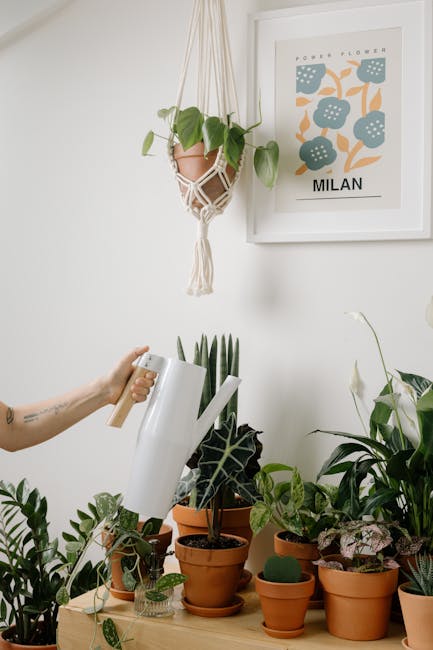Having a routine can significantly enhance the quality of life for several reasons. Firstly, routines provide structure and predictability, which can reduce stress and anxiety by helping individuals to know what to expect and when. When life is predictable, it can contribute to a sense of stability and security.
Secondly, routines can improve productivity and efficiency. By establishing consistent patterns in daily tasks, individuals can reduce the time and mental energy spent on decision-making. This frees up cognitive resources for more important or complex tasks and can lead to greater overall productivity.
Additionally, routines support the development of positive habits. By incorporating beneficial activities such as exercise, healthy eating, and adequate sleep into a daily routine, individuals can enhance their physical and mental well-being over time. Consistent practice of these habits can lead to long-term health benefits.
Routines also encourage better time management and help individuals prioritize their goals. By allocating specific times for work, leisure, and self-care, people can make sure that important areas of their lives receive the attention they need. This balance can lead to increased satisfaction and a more fulfilling life.
Finally, routines can provide a sense of control in an often chaotic world. Establishing and following a routine allows individuals to exert control over their environment and their time, which can lead to a more empowered and purposeful life experience. Overall, implementing a well-designed routine can contribute to improved physical health, emotional stability, and a greater sense of accomplishment.



